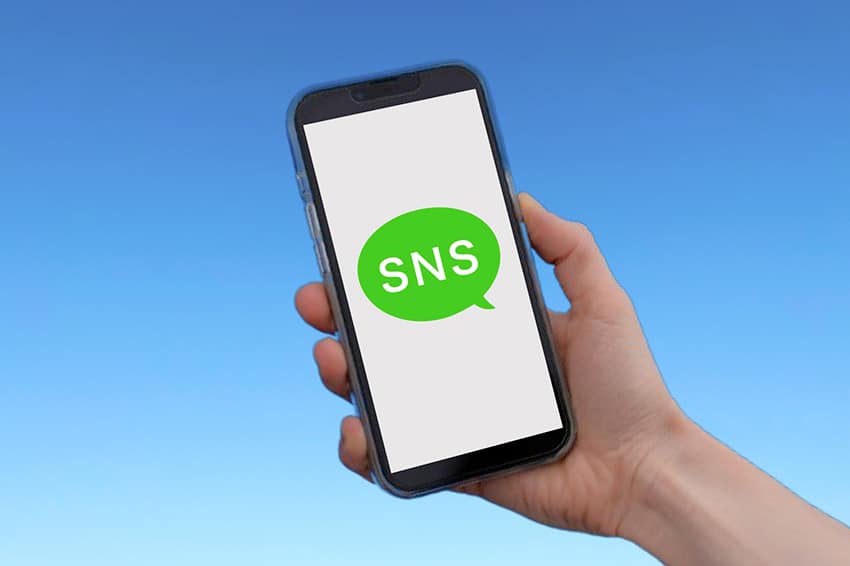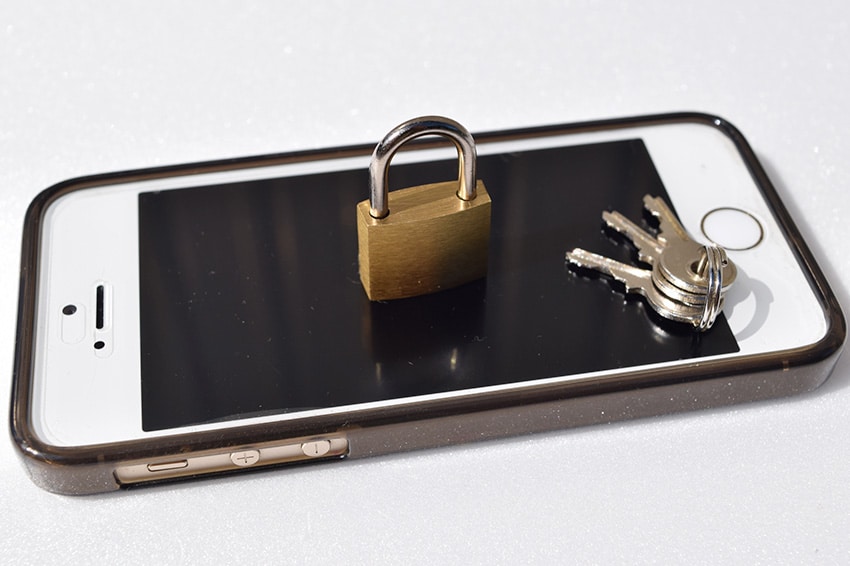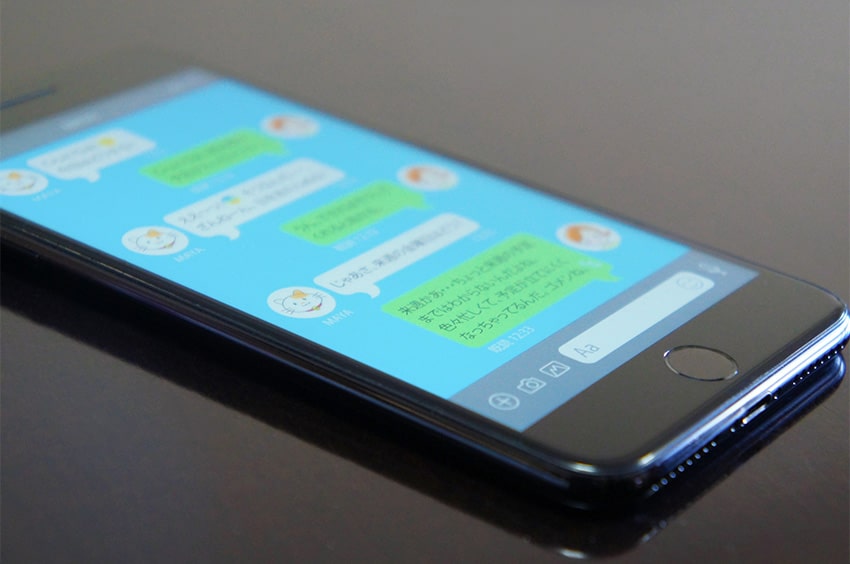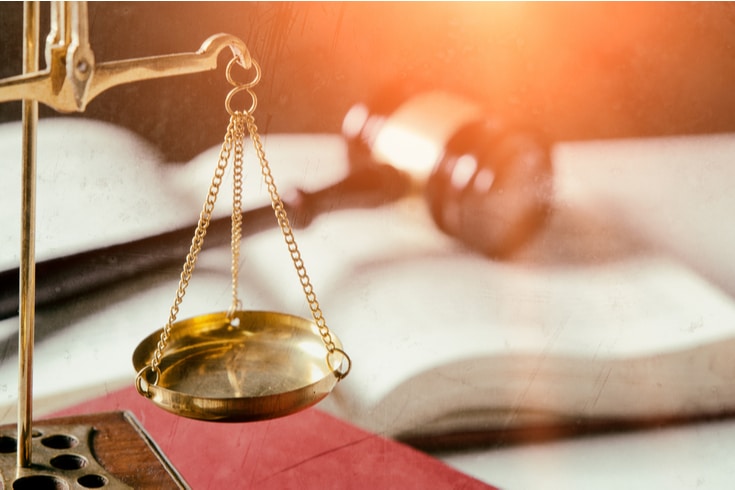Is it Possible to Request Disclosure from LINE? An Explanation on Identifying Individuals through Sender Information Disclosure

Requests for disclosure on LINE are made to identify the poster through sender information when subjected to defamation or slander. LINE generally does not comply unless there is a warrant from a judicial authority of investigative agencies, but there is a possibility to request disclosure through the courts in the case of open chats.
This article explains the methods for identifying senders on LINE, as well as the procedures for requesting the disclosure of sender information in open chats. It also provides a detailed introduction to the steps for disclosing IP addresses and subscriber information.
About Disclosure Requests for LINE

If you are subjected to defamation or slander in a LINE group chat, it is virtually impossible to request the disclosure of the chat history from LINE (LINE Yahoo Japan Corporation).
The content of LINE chats is highly private, and LINE strictly manages personal data. Disclosure of information is limited to cases based on legal requirements, such as with the consent of the individual concerned or upon request from investigative authorities. Even if a lawyer requests disclosure through a “Bar Association Inquiry,” the sender’s information will not be disclosed without the individual’s consent.
While it is possible to request disclosure through divorce or compensation claim litigation, the process is time-consuming and often ineffective. The period for which LINE or access providers store information is limited, and by the time a court’s inquiry reaches them, there is a high likelihood that the chat history has already been deleted.
Cooperation with Investigative Agencies as a Basic Policy
LINE maintains that user information should only be provided to third parties with the user’s consent. The company also states that it does not comply with external requests for information and does not support any actions that infringe on users’ human rights, such as wiretapping or censorship by national agencies.
However, as part of its social responsibility, LINE may respond to requests from investigative agencies on an exceptional basis. For instance, if there is a request for information disclosure from an investigative agency, LINE may provide information within the scope deemed appropriate based on relevant laws and regulations. Even in such cases, LINE adheres to the principle of not complying unless there is a warrant from a judge or procedures based on related laws and regulations.
On the other hand, in emergency situations where there is a recognized danger to a person’s life or body, or when there is a strong suspicion of a specific crime, LINE may consider the necessity and appropriateness of disclosure and respond to the request accordingly.
Reference: LINE Corporation | Response to Investigative Agencies[ja]
Disclosure Requests May Be Possible Depending on the Presence of Incident-Related Evidence
LINE provides information in response to requests from law enforcement agencies, provided that a complaint has been accepted and an investigation has commenced.
As a general rule, LINE does not comply with requests for disclosure from bar associations or investigative authorities unless the content of the conversation is illegal. For example, even if there are defamatory or insulting words in a one-on-one chat, these are rarely considered legal violations because such crimes are typically predicated on being conducted in public.
However, even in one-on-one chats, if extortion, threats, or stalking behaviors are taking place, these are considered highly illegal, and consulting with a lawyer or the police may allow for the acquisition of the sender’s information.
Recent trends in disclosure requests indicate that the number of cases where law enforcement agencies have requested user information disclosure is on the rise. In the most recent period, from July to December 2022, there were 2,415 requests received (a 7% increase from the previous period), and 1,900 cases (a 21% increase from the previous period) where information was disclosed.
Reference: Japanese LINE Yahoo Corporation|LINE Transparency Report – LINE Corporation[ja]
Disclosure Requests Through Courts Can Be Time-Consuming
It is said that requests for the disclosure of information about the senders of defamation can take from six months to a year.
Initially, a request for information disclosure is made to LINE where the defamation occurred, but direct requests to LINE are rarely complied with. Therefore, it is necessary to file a disclosure request with the court to obtain an order for LINE to disclose the information.
Next, using the sender’s IP address and timestamp obtained from LINE, a disclosure request is made to the access provider (such as au, NTT DOCOMO, SoftBank, etc.) through the court.
Since both LINE and access providers have set log retention periods, it is essential to proceed with the procedures urgently before the logs are deleted.
When requesting disclosure of sender information from the court, it is not enough to simply submit the prescribed forms; legal grounds and other arguments must be presented. Technical and legal knowledge is also required, so it is recommended to consult with an attorney who is experienced in disclosure requests.
Two Methods for Identifying Individuals on LINE

While there are limited ways to identify the sender on LINE, if the LINE ID is known, it is possible to identify an individual. There are two main methods: “Bar Association Inquiry” and “Disclosure Request through Investigative Authorities.” Here, we will explain each method.
Bar Association Inquiry
If the sender’s LINE ID is known, it is possible to inquire with LINE Corporation through a “Bar Association Inquiry” to verify the mobile phone number registered at the time of account creation. However, this is predicated on the sender infringing on some right.
The Bar Association Inquiry is a legal system (Article 23-2 of the Japanese Attorney Act) that allows lawyers to collect information related to the cases they handle and clarify the facts. It is not individual lawyers, but the Bar Association that requests the necessary information from public institutions and private organizations.
However, even if you regularly communicate with someone on LINE, there is no way to check their LINE ID from the profile screen, and the only option is to ask them directly. In other words, in cases of defamation from an unknown sender, it is practically difficult to obtain the sender’s LINE ID.
Disclosure Request through Investigative Authorities
LINE Corporation has indicated a policy of cooperating with appropriate requests from investigative authorities.
In other words, if the police or other investigative authorities request disclosure of information about a specific user, and if that user is recognized as engaging in nuisance behavior, there is a possibility that information will be provided. However, as a prerequisite, a formal complaint must have been accepted from the victim, and an investigation must have commenced.
Reference: LINE Corporation | Response to Investigative Authorities[ja]
Disclosure Requests in LINE OpenChat

Released in 2019, LINE OpenChat, which allows an unlimited number of participants, may enable the identification of senders based on the right to request disclosure of sender information.
LINE OpenChat is a new social networking service that lets you discuss interesting topics and themes, such as gaming, studying, or sharing concerns, with a large group of people without exchanging LINE contacts. With the capacity for up to 5,000 people to converse in real-time and the ability to set profiles for each open chat, it is considered a highly anonymous social networking service.
With the proliferation of the internet, slander and defamation on social media have become a serious social issue. Consequently, the Ministry of Internal Affairs and Communications published a policy package in September 2020 (Reiwa 2) to address defamation on the internet.
Specifically, the policy aims to promote user awareness activities, support initiatives by platform operators, improve the system for disclosing sender information, and enhance consultation structures. Furthermore, in August 2020 (Reiwa 2), the ministry compiled “Emergency Recommendations on How to Handle Defamation on the Internet,” indicating a commitment to ongoing efforts in this area.
At the “Study Group on Platform Services,” hearings were conducted with platform operators and industry associations, and the hearing content regarding LINE has been published here[ja].
Since LINE OpenChat allows participation by an unspecified number of people, posts fall under the category of “transmission of telecommunications intended to be received by unspecified persons” according to the Provider Liability Limitation Act. Therefore, it is possible to identify posters based on the right to request disclosure of sender information. However, depending on the public settings of LINE OpenChat, some posts may not be subject to disclosure requests, so caution is necessary.
On the other hand, LINE group talks are less likely to be subject to disclosure requests. The right to request disclosure of sender information pertains to “transmission of telecommunications intended to be received by unspecified persons” under the Provider Liability Limitation Act, but posts in group talks do not fall under this definition.
How to Request Disclosure in LINE OpenChat
If you are a victim of defamation or slander in LINE OpenChat, you generally need to follow these two steps to identify the poster:
- Request for disclosure of the IP address (to LINE Corporation)
- Request for disclosure of subscriber information (to access providers such as au, NTT DOCOMO, SoftBank, etc.)
This article will explain each procedure and the new legal proceedings that were implemented on October 1, 2022 (2022).
If you would like to learn more about the request for disclosure of sender information, please refer to the article below.
Related Article: What is a Request for Disclosure of Sender Information? A Lawyer Explains the New Procedures and Their Flow Following the Amendment[ja]
Request for Disclosure of IP Addresses
Before proceeding with a request for disclosure of the sender’s information, it is crucial to assess whether the defamatory article in question constitutes ‘libel’ and whether ‘too much time has passed since the post was made.’
Proceeding without verifying these points in advance can increase the likelihood of failing to identify the sender (resulting in the disclosure request being denied). Moreover, requesting the disclosure of sender information requires legal action, which is costly and time-consuming, so it is important to determine the value of proceeding beforehand.
If you decide to request the disclosure of sender information, the following steps are taken:
(1) Request LINE Yahoo Japan Corporation to disclose the poster’s IP address and timestamp
The first step in identifying the sender is to obtain the IP address (a unique identifier assigned to each device) and timestamp (a record of when the article was posted on the website) used for the post. From this IP address, the access provider used by the poster can be identified.
However, even if a request for disclosure of sender information is made to LINE Yahoo Japan Corporation, it is unlikely that they will provide the necessary information for identifying the perpetrator. This is because LINE Yahoo Japan Corporation also has an obligation to protect the privacy of the poster.
Essentially, LINE Yahoo Japan Corporation’s stance is that “unless there is an official disclosure order from the court, information cannot be provided.” They want to avoid the risk of voluntarily handing over personal information based on the site operator’s discretion.
(2) Prepare for legal action simultaneously
While making a voluntary disclosure request to LINE Yahoo Japan Corporation, it is also necessary to prepare for legal action in parallel. Specifically, this involves filing for a provisional injunction against LINE Yahoo Japan Corporation to disclose the IP address and timestamp used for the post.
This “request for a provisional injunction order for disclosure of sender information” refers to the procedure of obtaining a court decision (provisional injunction) that orders LINE Yahoo Japan Corporation to disclose information, in case they do not comply with the voluntary disclosure.
(3) Identify the provider based on the disclosed IP address information
Once the IP address is disclosed by court order, the next step is to use the WHOIS service (a service that allows you to search and reference registration information such as domain names and IP addresses on the internet) and other sites to determine the access provider with whom the poster has a contract.
Disclosure of Subscriber Information
Based on the IP address disclosed by LINE Yahoo Japan Corporation, we request the disclosure of subscriber information (name and address) from the access provider (such as au, NTT DOCOMO, SoftBank, etc.) who provided the IP address to the poster.
While there are voluntary disclosure and legal procedures for requests to access providers, as voluntary compliance is rare, we initiate a ‘Disclosure of Sender Information Lawsuit’ in court. After filing the lawsuit, usually through 2 to 3 oral arguments, a judgment is rendered. If the claim is granted, the provider discloses the sender’s information approximately two weeks after the judgment.
Amendments to the Provider Liability Limitation Law Now Allow for Disclosure Requests in a Single Procedure
On October 1, 2022, the amended Japanese Provider Liability Limitation Law was enforced, introducing a new judicial procedure. The main feature of this procedure is that it allows for the integrated examination of disclosure orders to both site administrators and providers, enabling the swift disclosure of information.
In particular, a new ‘Sender Information Disclosure Order’ has been established, which compels the disclosure of information from site administrators through providers. Compared to the traditional ‘Sender Information Disclosure Request’, this new order facilitates the early preservation of information such as IP addresses and reduces the procedural burden.
When compared to the traditional sender information disclosure request procedures, the new process requires fewer provisional injunction filings, thus shortening the time needed for the procedure. However, there is a downside: if the opposing party objects, it may be necessary to revert to the existing procedures, potentially extending the duration. When considering a disclosure request, it is crucial to consult with a lawyer to choose the most appropriate method.
Summary: If You Want to Request Disclosure on LINE, First Consult a Lawyer

Identifying the sender in cases of defamation or slander on LINE is not straightforward. LINE’s basic policy is to cooperate only with investigative authorities, and it often does not respond to inquiries from bar associations or individual disclosure requests.
However, if the case is recognized as having legal implications, a disclosure request can be made. Furthermore, since open chats on LINE allow participation by an unspecified number of users, they can be subject to sender information disclosure requests. In such cases, you would first request the disclosure of the IP address, followed by a request for the disclosure of the subscriber information associated with that IP address, ultimately leading to the identification of the sender.
In addition, the 2022 amendment to the Japanese Provider Liability Limitation Law (プロバイダ責任制限法) has introduced a procedure called “sender information disclosure order,” which allows the previously two-step process to be completed in one go.
Conducting these procedures on your own is challenging, and there is a risk that the posting logs may disappear over time, making it difficult to sue the other party. Therefore, it is advisable to save evidence such as screenshots and consult a lawyer as soon as possible.
Guidance on Measures by Our Firm
Monolith Law Office is a law firm with extensive experience in both IT, particularly the internet, and legal matters. In recent years, information related to reputational damage and defamation spread online has caused serious harm as a ‘digital tattoo.’ Our firm provides solutions to combat these ‘digital tattoos.’ Please refer to the article below for more details.
Areas of practice at Monolith Law Office: Digital Tattoo[ja]
Category: Internet





















